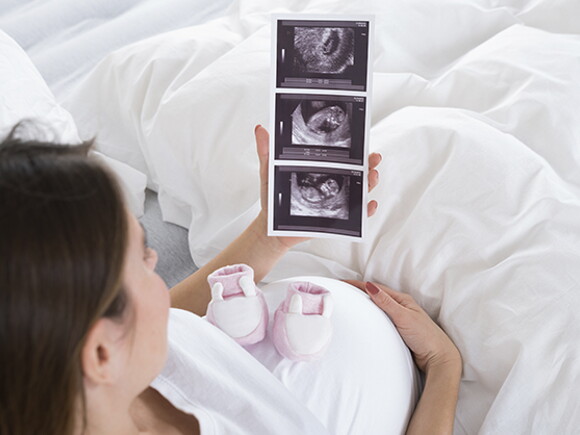
8 Ways A Pregnant Mother Should Be Preparing For Childbirth
Every pregnant mother wants to prepare as much as possible so that when she gives birth, it goes as smoothly as possible.
Every pregnant mother wants to prepare as much as possible so that when she gives birth, it goes as smoothly as possible. For you and your partner, early preparation saves you the headaches, and minimises the stress. You wouldn’t want to be feeling freaked out on the most important day of motherhood. So here are 10 ways a pregnant mother should be preparing for childbirth.
1. Find out how far the hospital is
Firstly , ask yourself, “Where do you want to give birth?” While the question may sound simple, it affects the choices you make in preparations. For example, is the hospital close to your home or place of work? It’s important to choose a convenient hospital so you can plan your journey easily on the due date while avoiding roads that are usually jammed.
2. Take leave or rest to prepare
Be sure to talk to your employer so you can arrange your leave around your due date. You don’t want to be stuck in a meeting on your actual due date. Your child’s more important! Also, talk to your neighbours, they can offer a helping hand if you need some assistance, or if you’re alone at home on your due date.
3. Think about budget or insurance
Have you thought about the finances? Preparing for childbirth is not only about the short term but the long term. Do you have your childbirth costs covered? Government and private hospitals work at very different rates, as you might know and this will affect your choice in hospital.
Find out about the costs of childbirth packages at your hospital of choice to find one that matches your budget. If you have your insurer’s list of panel hospitals, it could help you narrow down the choices. Understanding these choices are important also in case you have to operate or give birth via c-section.
4. Understand the services and specialties of your hospital
Do some research on which hospital offers the facilities and amenities you need. And, if they have a specialist or gynaecologist with experience so they know what to do in an emergency. Some childbirth emergencies include premature births or c-section births.
It sounds silly, but check if the hospital has a maternity ward, and if they offer food. You’d want to be sure that you can relax after giving birth. Most modern hospitals may allow you to be with the baby after birth, unless there’s an emergency of course.
5. Attend an antenatal class
If you really want to get to know the process behind giving birth, attend an antenatal course. You can get advice on nutrition, exercise, how to care for your child, and even postnatal care for your own body. Plus, you can meet other moms to be!
6. Exercise
Your body still needs exercise during pregnancy to maintain strength, and stamina. Obviously, you don’t want to go climbing at the Himalayas. Low impact exercises like swimming will do. Check with your healthcare professional for advice if you’re unsure about exercising.
7. Preparing for after childbirth
You’ll also want to prepare for after birth. Breast pumps, maternity bras, stockings, and clothes are some of the things you’ll need to bring to the hospital.
For your newborn child, he or she will need clothes, disposable diapers, bathing equipment, sleeping essentials and breastfeeding equipment just in case.
8. Preparing physically and mentally
The last thing you need to do is prepare yourself physically and mentally for your child’s birth as it can be a taxing process. Be positive about the process and get your partner to help if necessary.
Preparing for childbirth helps you calm down and reduce the stress so you can happily anticipate your child’s birth.
To help you get all your nutritional needs, you can try Nestlé MOM. It is a specially formulated fortified milk enriched with 20 vitamins and minerals including folic acid, vitamin A, vitamin C, calcium, and iron. It also contains DHA (125mg per 100g) which is found abundantly in the brain. Plus, Nestlé MOM provides protein to support you and your child’s needs during pregnancy.


























